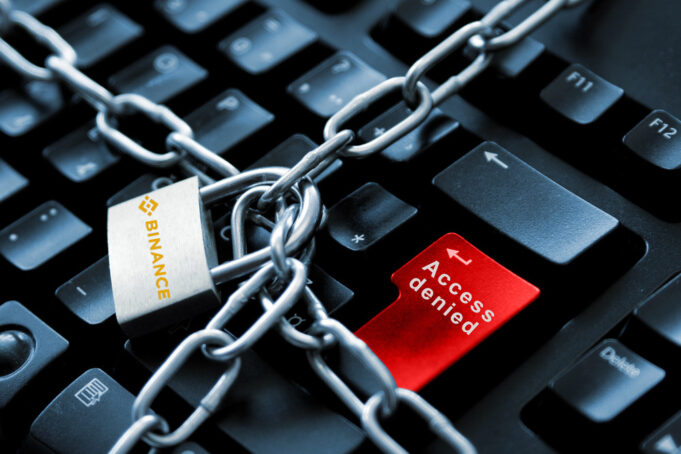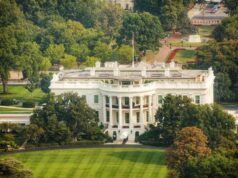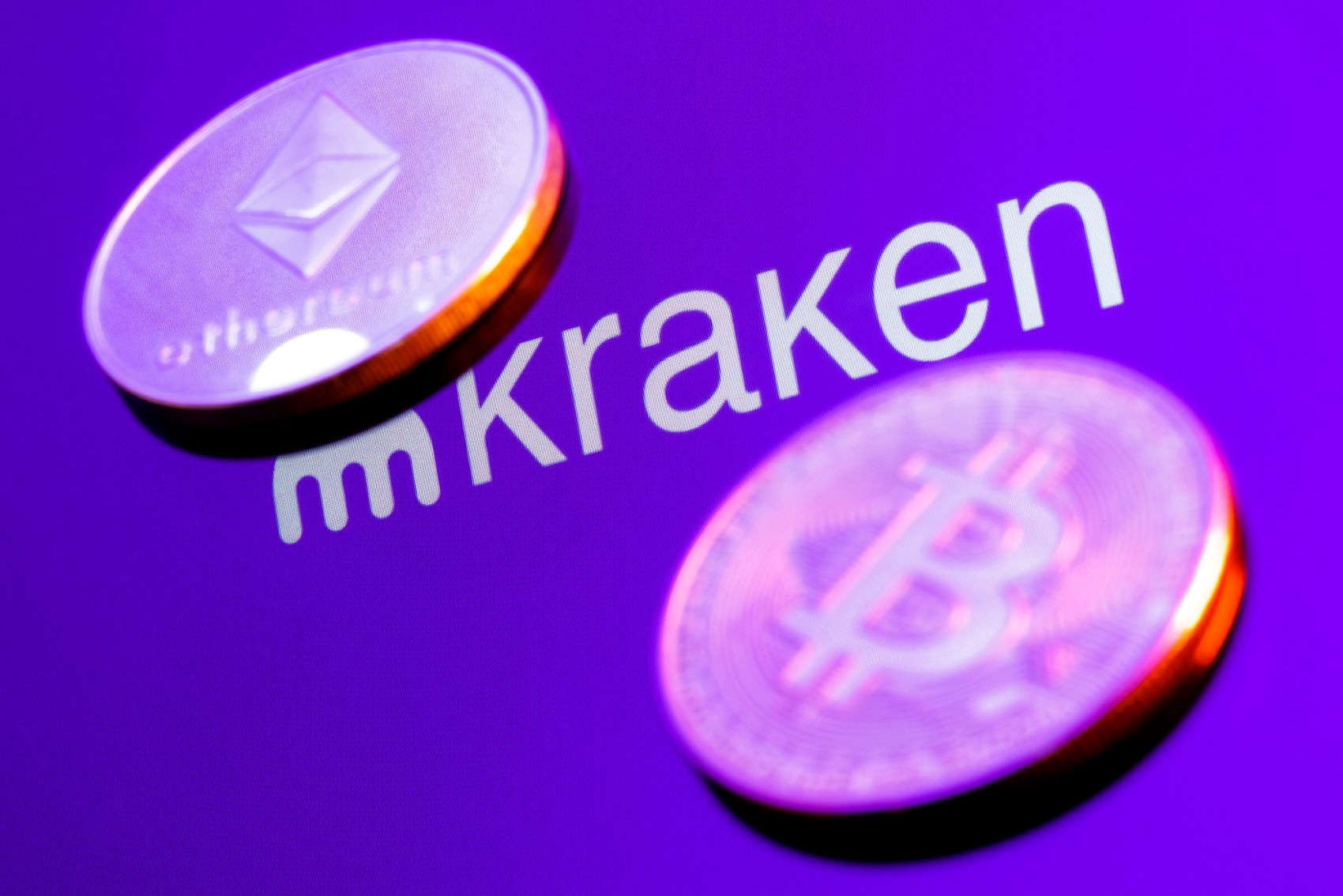Binance, the world’s leading cryptocurrency exchange, is at the center of a heated controversy following allegations that it froze the cryptocurrency assets of Palestinian users at the request of the Israel Defense Forces (IDF). These accusations, first brought to public attention by Ray Youssef, CEO of the Noones P2P platform, suggest that Binance acted under the direction of Israeli authorities as part of a broader strategy to curb terrorism financing.
The Allegations
Ray Youssef, a prominent figure in the cryptocurrency community and head of the Noones platform, took to social media to accuse Binance of confiscating funds from Palestinian users. According to Youssef, this action was carried out following a directive from Israel’s Ministry of Defense. They leveraged anti-terrorism laws that permit the seizure of assets associated with designated terrorist organizations. Youssef’s claims imply that Binance’s actions were sweeping, affecting all Palestinian users on the platform.
Youssef cited a letter, reportedly from Israel’s National Bureau for Counter-Terror Financing. He claims that Binance used the document to justify the seizures. The letter allegedly stated that any cryptocurrencies transferred by or to a terrorist organization could be considered its property and therefore subject to confiscation under Israeli law.
Binance’s Response
In response to these serious allegations, Binance has firmly denied the claims that it engaged in mass seizures of Palestinian funds. The exchange clarified that only a limited number of accounts, identified as being linked to illicit activities, were affected. A spokesperson for Binance emphasized that these actions were in line with internationally recognized regulations, particularly those aimed at combating money laundering and terrorism financing. Binance underscored its commitment to complying with global legal standards and rejected the notion that it targeted all Palestinian accounts.
Binance also pointed out that its actions are consistent with what any major financial institution would do under similar circumstances. They were adhering to global sanctions and regulations. The company did not, however, provide detailed information on the number of accounts affected. Neither did they specify the criteria used to identify the so-called “illicit activities”.
Broader Implications
This incident has highlighted the complexities and challenges faced by global cryptocurrency exchanges operating in politically sensitive regions. While Binance’s actions may be legally justified under certain regulatory frameworks, they also raise concerns about the transparency and fairness of such measures, especially in conflict zones where access to financial services can be a matter of survival.
Critics argue that the lack of detailed disclosure from Binance only adds to the uncertainty and suspicion surrounding the exchange’s practices. The situation underscores the tension between ensuring compliance with international laws and maintaining trust among users. This is particularly challenging in regions where financial infrastructure is already fragile.
>>> Read more: Binance Under Fire – Victims of Hamas Terror Allege Complicity
As the debate continues, this controversy serves as a reminder of the significant responsibilities of operating a global cryptocurrency platform. Binance’s swift denial of mass seizures and its emphasis on regulatory compliance reflect its ongoing efforts to navigate the increasingly complex landscape of international finance. However, the incident also highlights the need for greater transparency and clarity in how such decisions are made and communicated. This holds especially true when they affect vulnerable populations in conflict zones.
Binance’s ability to maintain its global user base while adhering to stringent regulations will likely remain a key challenge. This challenge will intensify as the company continues to expand its operations in diverse and often politically sensitive regions.
Readers’ frequently asked questions
How does Binance determine which accounts are linked to illicit activities?
Binance, like other major cryptocurrency exchanges, employs a combination of automated systems and manual reviews to identify accounts linked to illicit activities. These systems can detect suspicious transactions that may indicate money laundering, terrorism financing, or other illegal activities. The exchange uses algorithms to monitor for unusual patterns, such as large transfers from or to accounts previously flagged or associated with high-risk jurisdictions. Additionally, Binance works closely with international regulatory bodies and law enforcement agencies. They adhere to sanctions lists and compliance guidelines set by organizations like the Financial Action Task Force (FATF). If an account is flagged, it undergoes further scrutiny. If illicit activity is confirmed, the account may be frozen or restricted. Despite these precautions, the process has been criticized for lacking transparency. Binance has not disclosed specific details about the criteria used to flag Palestinian accounts in this particular case.
What are the legal justifications for seizing cryptocurrency under anti-terrorism laws?
Anti-terrorism laws in various countries, including Israel, provide governments with the authority to seize assets, including cryptocurrency, if they are believed to be linked to terrorist organizations. In this case, the allegations suggest that Binance acted on a directive from Israel’s National Bureau for Counter-Terror Financing. Under Israeli law, they can classify assets linked to terrorist activities as forfeitable property. By restricting access to financial resources these laws should prevent the financing of terrorism. The justification for such seizures typically hinges on identifying a direct link between the assets and terrorist activities. However, this approach has raised concerns about due process and the potential for overreach. These worries are especially pronounced when entire populations, such as the Palestinians in this instance, are perceived to be broadly affected without clear evidence of individual wrongdoing. The legal framework aims to balance national security interests with the protection of individual rights, but it often leads to debates over fairness and transparency in its application.
Why has Binance not provided more detailed information about the affected accounts?
Binance’s reluctance to disclose specific details about the affected accounts is likely due to a combination of legal obligations, security concerns, and business practices. Firstly, when dealing with sensitive issues like terrorism financing, exchanges like Binance are often bound by non-disclosure agreements with law enforcement agencies or regulatory bodies. This can limit the amount of information they can publicly share. Secondly, providing detailed information could compromise ongoing investigations or reveal the methodologies used to detect illicit activities. Malicious actors could exploit such information. Lastly, from a business perspective, maintaining a certain level of confidentiality can be important to protect user privacy and uphold trust among its global user base. However, this lack of transparency has been a point of criticism. It makes it difficult for the public to fully assess the fairness and scope of the actions taken. Binance has reiterated its commitment to regulatory compliance. Even so, the company’s selective disclosure continues to fuel speculation and concern.
What Is In It For You? Action Items You Might Want to Consider
Reassess Your Exposure to High-Risk Jurisdictions
Given the recent controversy involving Binance and the alleged freezing of accounts linked to Palestinian users, it’s crucial to consider the geopolitical risks associated with holding assets in certain regions. Traders should evaluate their exposure to accounts or transactions linked to jurisdictions that may be subject to heightened scrutiny or regulatory actions. If you’re trading or holding assets in politically sensitive regions, consider diversifying your portfolio. Use multiple platforms to mitigate potential risks.
Increase Your Security Measures
The controversy serves as a reminder of the “not your keys, not your coins” principle. While Binance has denied the mass seizure of funds, the situation underscores the importance of maintaining control over your assets. Consider using hardware wallets or decentralized platforms where you hold your private keys to protect against potential freezes or seizures. Additionally, regularly monitor your accounts for any unusual activity. Be proactive in understanding the security features offered by your exchange.
Stay Informed on Regulatory Compliance
Binance’s actions highlight the importance of understanding the regulatory environment in which your exchange operates. As global regulations around cryptocurrency evolve, ensure that you are aware of the compliance measures and legal obligations of the platforms you use. Regularly check for updates on international sanctions and anti-money laundering policies. These could affect your trading activities, especially in regions with ongoing conflicts or political tensions.










